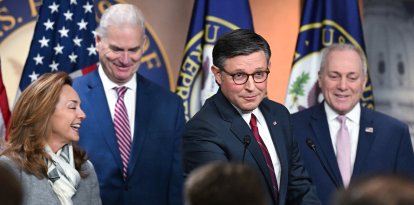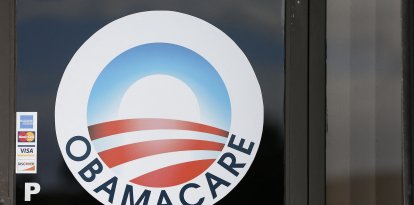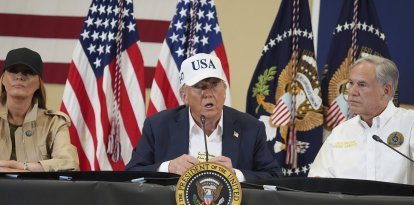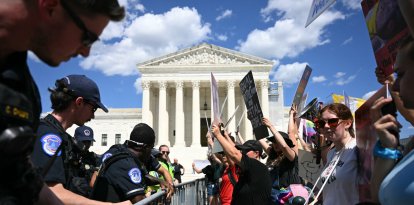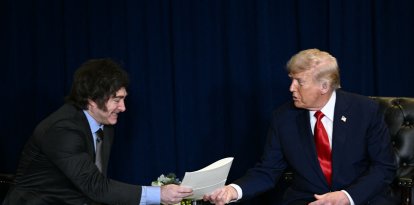Republican senator thwarts efforts to make changes to Nebraska's electoral system seeking to secure votes for Trump
"After deep consideration, it is clear to me that right now, 43 days from Election Day, is not the moment to make this change," Mike McDonnell said.
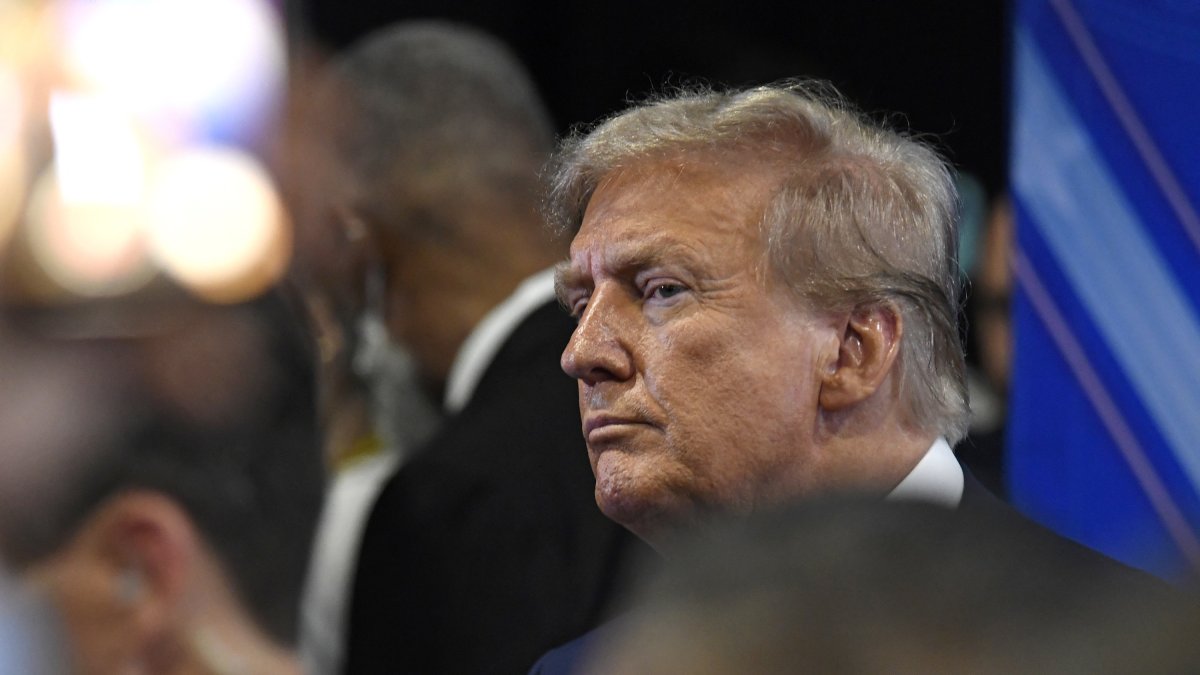
Senate and House lawmakers questioned Trump's team.
A GOP attempt to change Nebraska's electoral vote allocation system suffered a major blow Monday, when state Sen. Mike McDonnell (R) announced he would not support the measure. The change sought to implement a winner-take-all model, eliminating the current system that allows for a more proportional distribution of votes.
"I have taken time to listen carefully to Nebraskans and national leaders on both sides of the issue. After deep consideration, it is clear to me that right now, 43 days from Election Day, is not the moment to make this change," McDonnell said.
The Nebraska Senate has 33 Republicans, 15 Democrats and one independent. However, 17 senators, including McDonnell and independent Sen. Megan Hunt, have already pledged to vote against any changes to the state's electoral vote allocation system. Their stances makes the likelihood of Republicans getting the 33 votes needed in the state Senate virtually nil, which would prevent Nebraska Gov. Jim Pillen (R) from calling a special legislative session.
Sen. Deb Fischer (R) also confirmed the end of the initiative, indicating that the lack of votes needed to pass the measure closes the door on any changes to the electoral system for the upcoming election.
It is important to note that Nebraska and Maine are different from most states in the United States because they do not allocate all of their electoral votes to the candidate who wins statewide. Instead, they have a system that allows votes to be split between different candidates based on the results in specific districts.
Implications of a change
The attempt to change Nebraska's electoral system was prompted by Republicans concerned that, in a close race between Vice President Kamala Harris and former President Trump, Nebraska's split constituency could play a crucial role. If Harris were to win in traditionally Democratic states and Trump were to regain territories such as Arizona, North Carolina, Nevada and Georgia, the situation could result in 269 electoral votes for Harris and 268 for Trump. This could result in a tie if Trump were to win all five electoral votes in Nebraska. In such a case, the final decision would move to the House of Representatives, where each state casts one vote. This process could favor Trump, as most states have Republican representatives.













